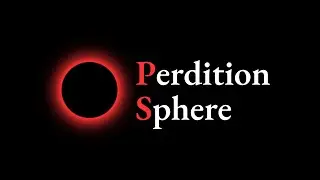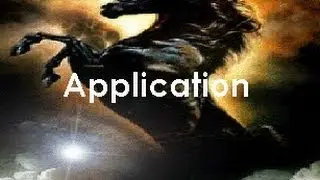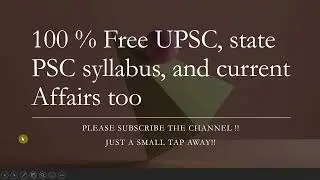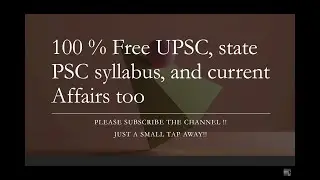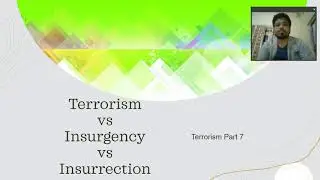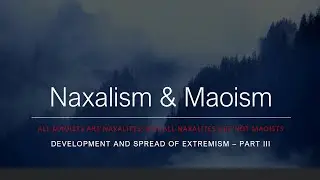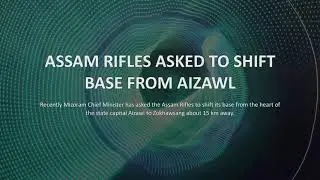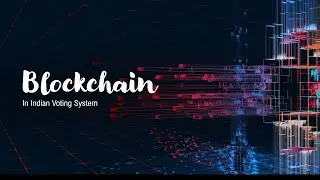Article 26 to 35 | Religious Affair | Martial Law | doctrine of eminent domain | Lesson 28.15 Polity
#polity #politicalscience
I am glad you are interested in learning more about the constitutional rights and provisions related to religion and education in India. In this video, I will explain the following topics:
Article 26, which grants the freedom to every religious denomination to manage its own affairs in matters of religion, subject to public order, morality and health.
Article 27, which prohibits the state from compelling any citizen to pay any taxes for the promotion or maintenance of any particular religion or religious institutions.
Article 28, which prohibits any religious instruction in any educational institution wholly maintained out of state funds, and lays down the conditions for imparting religious instruction in other types of educational institutions.
Article 29, which protects the interests of minorities by granting them the right to conserve their language, script and culture, and by prohibiting discrimination on grounds of religion, race, caste, language or any of them.
Article 30, which grants the right to minorities to establish and administer educational institutions of their choice, and provides for certain safeguards for their protection.
Article 31, which was deleted by the 44th Amendment Act of 1978, and which dealt with the right to property and the doctrine of eminent domain.
Article 32, which guarantees the right to constitutional remedies for the enforcement of fundamental rights by the Supreme Court and the High Courts, and which was called the soul of the constitution by Dr. B.R. Ambedkar.
Article 33, which empowers the Parliament to restrict or abrogate the fundamental rights of the members of the armed forces or the forces charged with the maintenance of public order, in order to ensure proper discharge of their duties and maintenance of discipline among them.
Article 34, which authorizes the Parliament to indemnify any person in service of the Union or a State or any other person in respect of any act done by him in connection with the maintenance or restoration of order in any area where martial law was in force.
Article 35, which confers on the Parliament the exclusive power to make laws with respect to matters relating to Articles 15(3), 16(3), 19(1)(f), 19(1)(g), 20(3), 22(1), 22(2) and 23.
By the end of this video, you will have a better understanding of the constitutional framework and the judicial interpretations of these articles. You will also learn about the challenges and the controversies that have arisen from time to time regarding these issues. So, stay tuned and watch this video till the end. Thank you.


